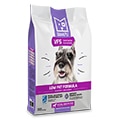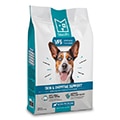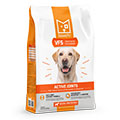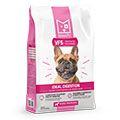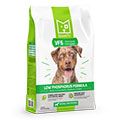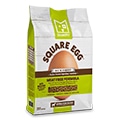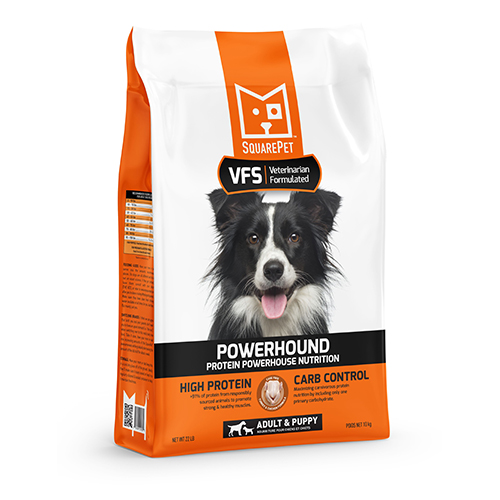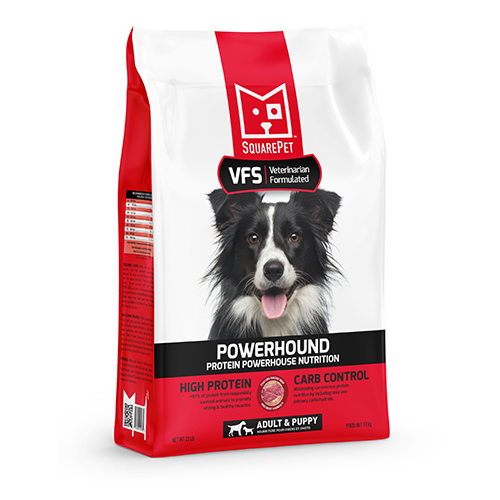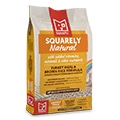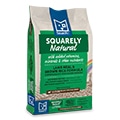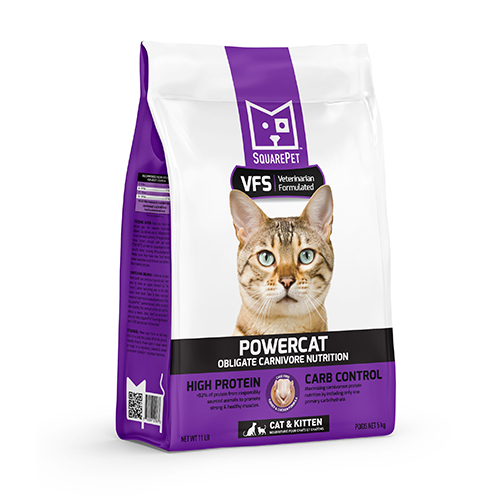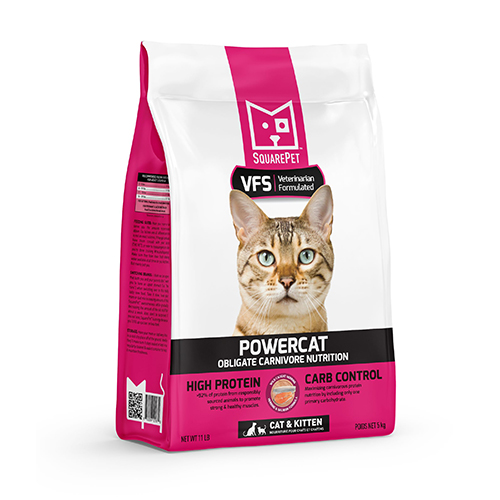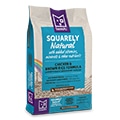What exactly is a sensitive stomach? It can be interpreted in many different ways by many different people. Some attribute it to food allergies while others may claim that a specific ingredient gives their pet grief. Overall the phrase sensitive stomach is a way that many describe some unknown gastrointestinal disturbance. This may mean loose stool, diarrhea, or even a vomiting dog. The clinical signs are typically intermittent or not severe enough to cause great concern but the underlying theme is that something doesn’t seem right during digestion.
A sensitive stomach dog food review would show that there are many different approaches to potentially help alleviate these digestive concerns. Some veterinary diets for sensitive stomachs typically focus on digestibility, fiber balance, fat content or even food allergies – but what is the best food for dogs with sensitive stomachs
Unfortunately there is no one size fits all solution for dogs with sensitive stomachs. A great deal depends on the individual and what his/her clinical signs are
FIRST THING FIRST
It is not uncommon for a pet parent to present their beloved pet to a veterinarian and very politely expound a comprehensive and detailed history of the volume, smell, consistency, frequency, and location of every loose stool or episode of vomiting that has occurred. A crucial detail that is very often left out is potential exposures to garbage, animal feces, excessive treats, or anything else that our little furry companions love to sneak off and eat. Dietary indiscretion or eating the nasties (garbage, feces, etc.) is the absolute #1 cause of upset stomach, vomiting and/or diarrhea. If dietary indiscretion can be ruled out then we move onto the next steps.
The most common clinical sign for dogs with sensitive stomachs would be loose stools, intermittent diarrhea, or even intermittent vomiting. Let’s assume we can rule out severe disease or severe infection causing these clinical signs and focus strictly on dietary causes. Food intolerance or ingredient intolerance would be the top rule out for sensitive stomachs. A food intolerance is not a food allergy as it is not a hypersensitivity reaction (true allergic reaction) as the immune system is not triggered. These are intolerances to certain ingredients that don’t “agree” with the digestive system or intolerances to the combinations of ingredients within the food itself. Some dogs don’t tolerate higher fat diets for example.
What are some recommendations for a Sensitive Stomach diet for dogs?
- High Digestibility. Selecting diets that have easy to digest ingredients. For protein sources, cooked fresh turkey or fish, eggs, or cottage cheese would qualify. Cooked rice is a super option for carbohydrates but potato would suffice as well. Ignoring complex carbohydrates and difficult to digest legumes such as chickpeas, peas, lentils, etc. or ancient grains like millet, oats, or sorghum would be best avoided.
- Fat content. Excessive fat content or sometimes even average amounts of fat can sometimes lead to gastrointestinal disturbances with individual dogs. As a rule of thumb avoid diets with a fat content higher than 15%. It may be found that a true low fat diet (less than 7-8% fat) may be helpful with some dogs.
- Dietary Fiber Content. Diets high in fermentable fibers like those found in legume based starches can exacerbate diarrhea, flatulence and cause a delay in digestion from the stomach. Selecting a diet with lower crude (less than 5%) and dietary fiber (less than 8%) would be a great starting point.
- Antioxidants. Dogs with gastrointestinal disturbances may also be experiencing oxidative stress within the GI tract. Identifying a diet with elevated amounts of antioxidants like Vitamin C and Vitamin E can be beneficial.
- Feed the correct amounts One of the most common causes of loose stool is overfeeding. Consuming excess calories can overwhelm the system in a sense and promote loose stools.
Prescription or Non Prescription Dog Food for Sensitive Stomachs
There are many choices to choose from when selecting a dog food for sensitive stomachs. There are prescription gastrointestinal dog foods and other non-prescription sensitive stomach
dog food options available. A key feature to look for with any sensitive stomach dog food is that it contains high quality and highly digestible ingredients. A veterinarian can help make the
best choice based on the specific needs of an individual dog.
